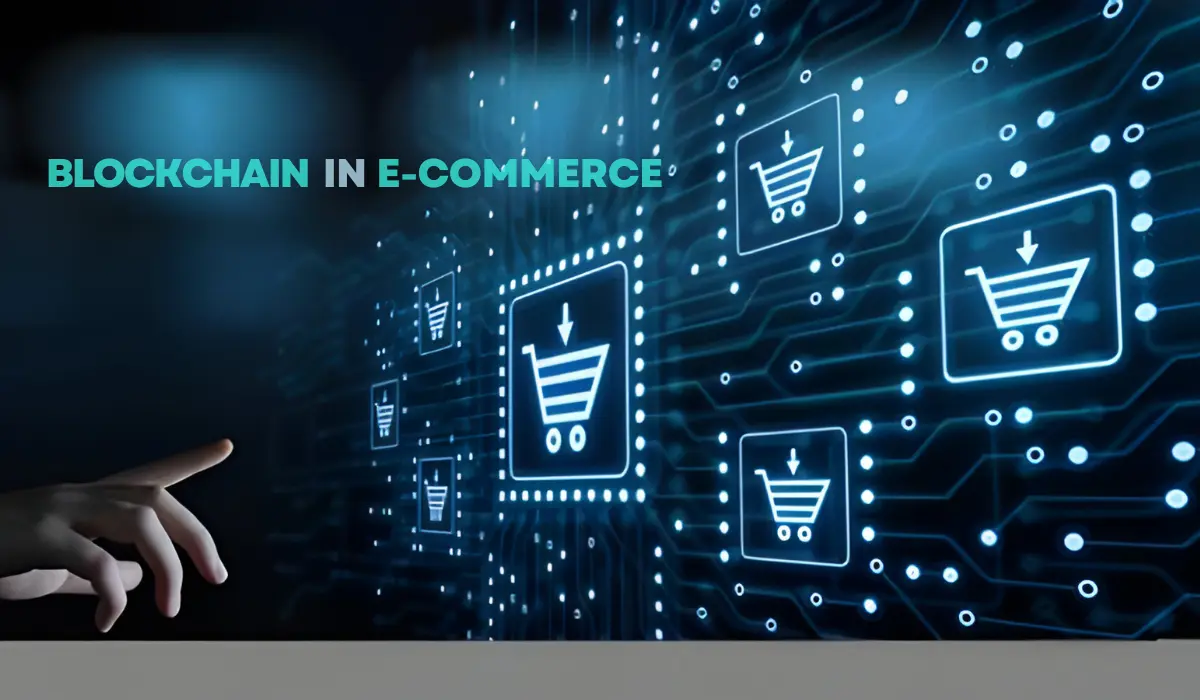Neither blockchain nor e-commerce are unfamiliar terms to anyone anymore.
Even though not everyone is completely aware of the impact of these two integrated, most of us know about the basic functioning and features of blockchain technology and that it might be a good addition to an industry that is rapidly gaining traction as days go by.
Let’s take a better look at the impacts and prospects of the whole concept and in what ways it could transform the current reality.
Blockchain technology in e-commerce
Being an online ledger that is tamper-proof and immutable, blockchain mostly adds value to the payment system of an e-commerce business.
Whether the business is B2B, B2C, C2C, or B2G, trust and reliability are two of the most important factors everyone seeks in a transaction and exchange of goods and services. This is exactly what the blockchain technology offers as well.
The trustless system without intermediaries and the complications that might lead to data leaks is capable of revolutionizing the e-commerce industry.
The accuracy and transparency it offers to bring to the table along with several other applications stand relevant in the current scenario of flawed e-commerce websites with time-consuming payment methods while facing potential threats to their security.
Impact of Blockchain on e-commerce

The integration of blockchain technology into e-commerce can reflect in different ways; both positively and negatively.
Here is a peek into the effects, mostly on a positive note, for you to get a better picture of the innovative technology.
Transaction processing
Blockchain-enabled e-commerce businesses are characterized by faster, more secure, and more transparent payments.
The distributed ledger system supports transactions without getting interfered with or monitored by a third party, at the same time it offers high traceability and transparency by recording every single transaction in public.
Combining payment processing and inventory management will also help businesses reduce the cost of maintaining separate systems for different purposes.
Similarly, the peer-to-peer system that is made possible with blockchain technology helps reduce charges associated with traditional payment systems where the payments go through the bank or other intermediaries.
Personalized service
Adding a personal touch to the services they provide is an innovative way to attract more customers to the business while retaining the existing group.
Blockchain technology makes this possible by collecting and analyzing customer data, including their credit card history as well as purchase history.
Even though this is not an entirely new concept, conventional methods for data analytics always face the issue of data security.
Unlike the existing system, data analysis is not one way with blockchain technology. It offers customers a way to assess the quality and performance of the businesses they deal with.
They will have space to compare two different businesses and see which one of them meets their requirements and which one suits them better based on product quality, customer service, and of course the price range.
Enhanced security
We have already mentioned the security blockchain offers when it comes to transaction processing as well as data processing.
Through encryption, cryptographic hashing, and decentralized storage, blockchain technology deals with fraudulent transactions and potential data breaches.
A 100% secure system is essential for growing customer trust and loyalty to any brand. The assurance of protecting customer data in compliance with data regulation rules encourages the customer to invest more and more in a brand helping the growth of business.
Access to global customers
Blockchain technology erases borders when it comes to transactions. This enables businesses to tap into new markets with emerging technologies in different parts of the world.
By eliminating the intermediaries constituted by banks and governments, Blockchain and cryptocurrencies create a reliable banking system that is not centralized.
Although decentralizations raise certain concerns regarding the security of nations, the system works in favor of both the customer as well as the businesses, giving the customer limitless options to choose from and the business a wider audience to present their services to.
The Bottom Line
Blockchain technology also brings possibilities like the tokenization of digital assets where the clients can tokenize real-world assets art and collectibles or real estate. It could also automate the e-commerce platform with the integration of smart contracts.
While Blockchain-based e-commerce platforms seem to be promising and futuristic, they also involve certain challenges as well.
Addressing them in the right way, at the right time is the only solution to perfect this concept that could reshape the future of e-commerce and the way they do business in the real world.
